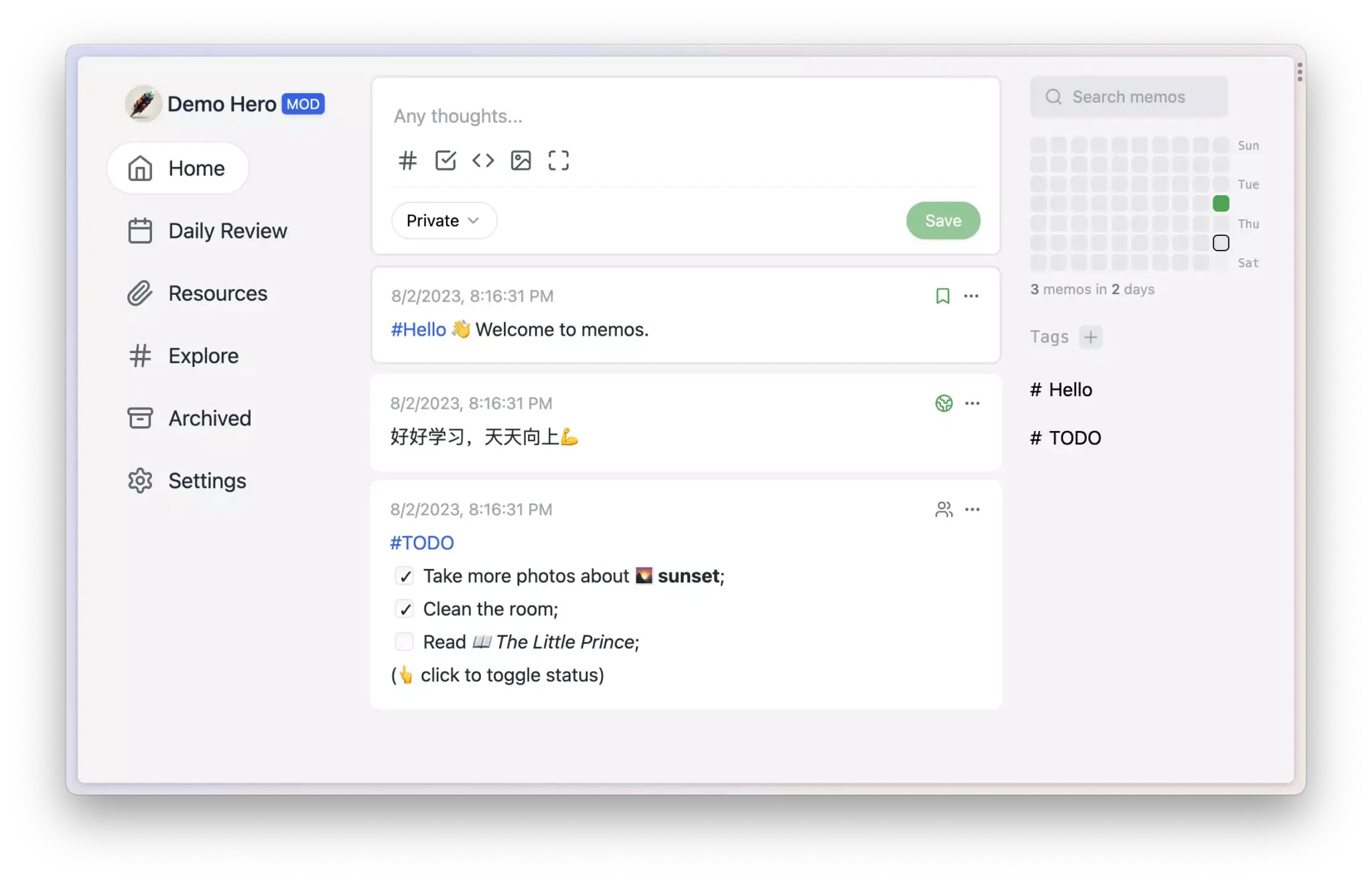
Memos is a popular note-taking service that is known for its privacy-first features. Recently, a flaw surfaced within Memos, a widely acclaimed privacy-first note-taking service. While Memos has always been a beacon for simplicity, security, and user-friendliness, CVE-2023-4696 has thrust it under the cybersecurity microscope.
Memos, loved for its seamless user experience and robust privacy measures, was found to be susceptible to a rather concerning vulnerability. With a CVSS score of 9.8, this flaw could not be ignored. At its core, CVE-2023-4696 allows a nefarious actor to modify another user’s data, including passwords. The potential implications of this? Unauthorized access to sensitive data, potential data breaches, and significant privacy infringements.
JSON Web Tokens (JWTs), a mainstay in secure data exchanges, lie at the heart of this security chasm. The vulnerability stems from the inadequate verification of JWT tokens by the usememos/memos system. In essence, a manipulated JWT, even if crafted outside of the system using tools like https://token.dev, could bypass the defenses of Memos. This alarming vulnerability was unearthed by security researcher M Nadeem Qazi.
The consequences of this vulnerability are far-reaching. An attacker could use it to:
- Change the password of any user, giving them full control over the account.
- Modify a user’s email address, which could lead to privacy violations or data breaches.
- Access a user’s sensitive information, such as their notes or financial data.
- Defame a user or tarnish the organization’s reputation.
If you are using Memos, it is important to update to the latest version as soon as possible. You should also be aware of the signs of a compromised account, such as unauthorized changes to your account settings or suspicious emails.